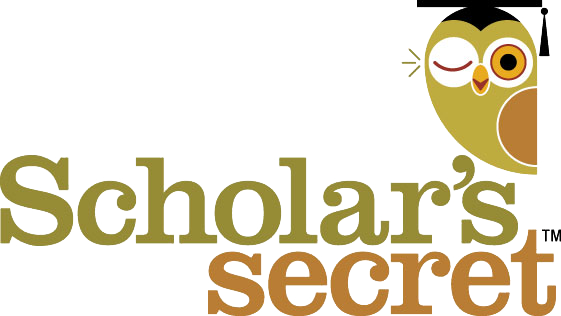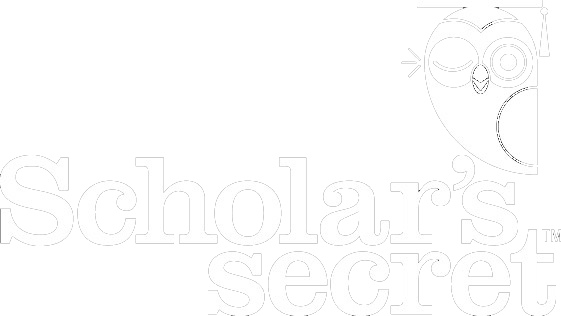 Speech Communication 101. The very thought (or memory) of this class inspires unimaginable fear and loathing. Sure, instructors assign less demanding “informative speeches” as a way of easing students into public speaking. But in the worlds of business and academia, “speaking to inform” is rare.
Speech Communication 101. The very thought (or memory) of this class inspires unimaginable fear and loathing. Sure, instructors assign less demanding “informative speeches” as a way of easing students into public speaking. But in the worlds of business and academia, “speaking to inform” is rare.
Think about it: most communications tasks – letters, grant proposals, presentations, interviews, even teaching – are actually persuasive. Whether through the spoken or written word, the communicator seeks at some level to convince the audience of the message’s value. The challenge, of course, is that the typical audience doesn’t seek to be persuaded!
This is why Scholar’s Secret likes The Executive Technique*, which recommends organizing content in line with your audience’s “train of thought,” rather than with what you think makes sense. To do this, you must know and define your audience first, then articulate the goal – from their point of view. In other words, lead your speech (or other communication) with what’s most important to your audience.
To persuade your audience, try organizing your content along their “train of thought”:
- Goal – from the audience’s viewpoint
- Needs – obstacles preventing achievement of the goal
- Idea – your recommendation or solution
- Benefits – good things that will happen as a result of your idea
- Evidence – that addresses each objection
- Conclusion – summarizes the needs, idea, and benefits
- Next Steps – who will do what, and when, to “seal the deal”
Organizing content this way takes exercitation.** Just remember: whatever scheme you choose, know your audience first in order to persuade successfully!
Need help convincing an audience of the value of your message? Contact Scholar’s Secret anytime!
* The Executive Technique’s communications program is far more comprehensive than this brief summary implies. Established in 1975, The Executive Technique today serves over 1500 top companies and organizations around the world.
** i.e., “practice” (Scholar’s Secret vowed on July 12, 2010, to invoke at least one new word from “The Highly Selective Thesaurus for the Extraordinarily Literate,” by Eugene Ehrlich, in every Psssssst! from now on!)

